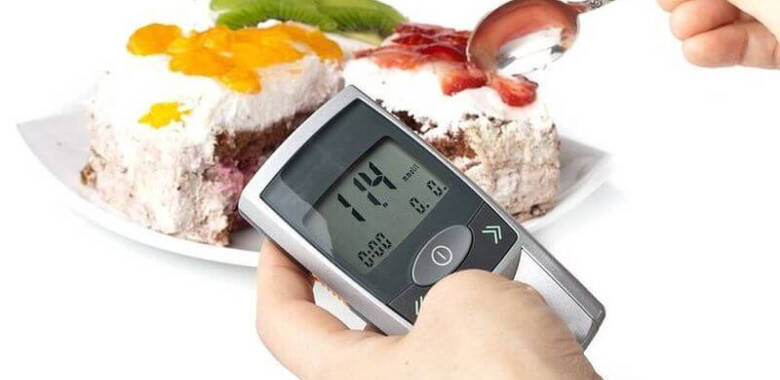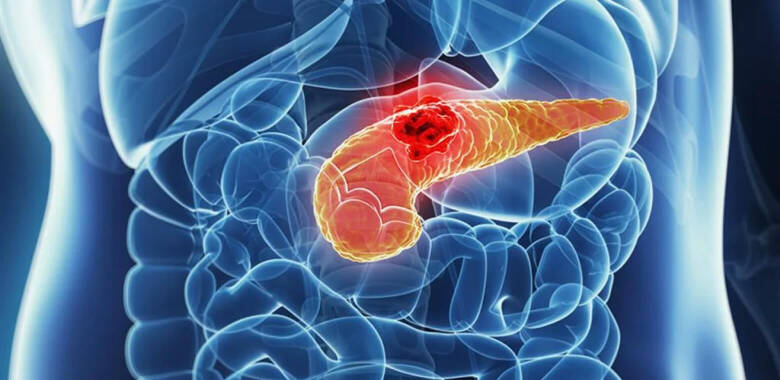The symbiosis of medicine and modern technology can significantly improve the quality of life of patients with diabetes - as evidenced.
Google, in collaboration with Infineon, has developed a device for measuring glucose without taking blood.
Unlike its predecessors, it does not require additional costs for test strips and painful finger punctures for analysis.
"People with diabetes can't handle glucose properly. And if victims do not control their blood glucose levels 2-4 times a day, serious complications can occur (such as diabetic coma). However, such monitoring and care costs a lot of money: in Canada, for example, the figure reaches millions of dollars a year, ”according to research published in the International Journal of Mobile Human Computer Interaction (IJMHCI).
Google has worked with German hardware company Infineon to find a solution. Combining artificial intelligence (AI) technology with radar technology, they have created a radar tracker that does not require significant resources.
The invented tracker works by sending frequency radio waves into liquids containing different levels of glucose. After reaching the target, the radio waves are returned back to the radar device, where the obtained data are digitized and then analyzed using AI technology.
According to test results, the accuracy of the technology was 85% of the accuracy of the traditional method of finger piercing.
“The correlation was really exceptional! We've proven to the world that changes in blood glucose can be detected by radar, "said George Shaker, a professor of engineering at the University of Waterloo.
The team plans to redouble its efforts by improving the accuracy of the system and exploring ways to reduce the radar device so that it uses less power and is more economical. They are also exploring ways to integrate smart watch technology to make software accessible to all.
We want to monitor blood counts inside the body without real samples. And in the near future, we hope to implement this idea as a smart tracker for continuous glucose monitoring, - said Professor Shaker and added a forecast, - I hope we will see a portable device on the market in the next five years. Of course, there are some problems, but research is going well.
The findings appear online in the International Journal of Mobile Human Computer Interaction (IJMHCI).










